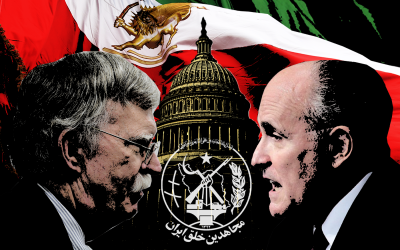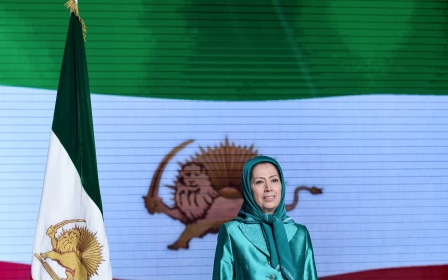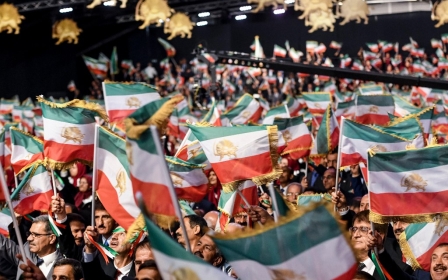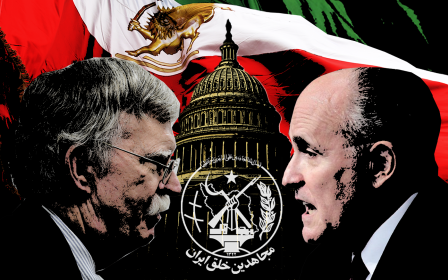Iran: Sweden begins trial of Iranian official accused of executions in 1988
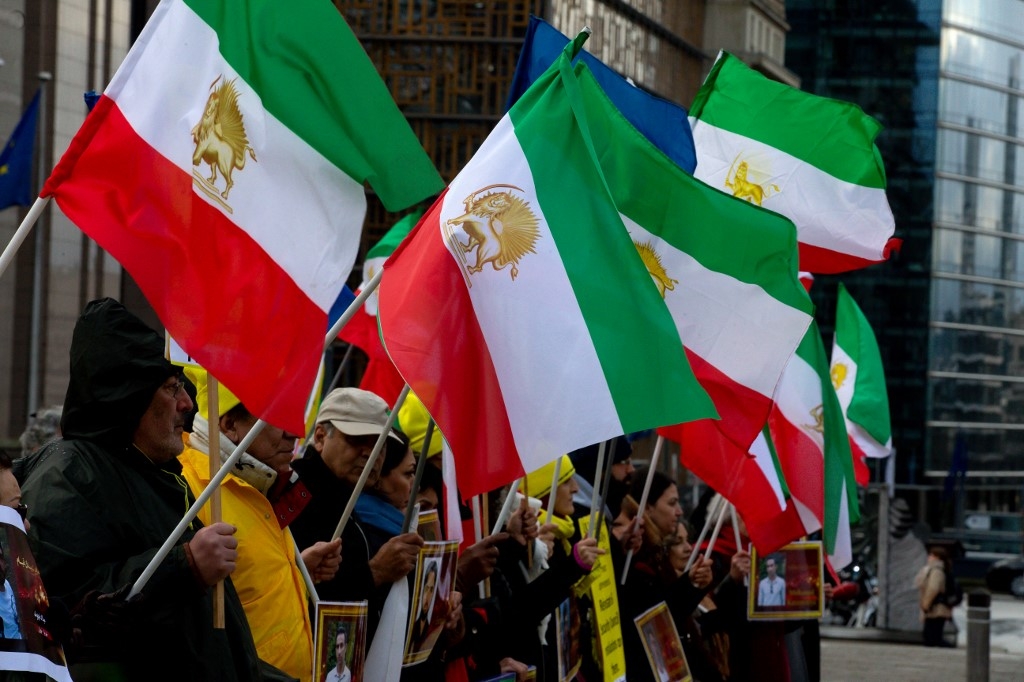
The trial begins in Sweden on Tuesday of an Iranian official accused of involvement in the execution of thousands of political dissidents from Mujahedeen-e-Khalq (MEK), an Iranian opposition body previously designated a terrorist group by the US.
Swedish prosecutors accuse Hamid Noury of "intentionally" taking the lives of many prisoners sympathetic to the MEK in 1988, while serving as the deputy governor of Gohardasht prison in Karaj, near Tehran.
In 1988, an estimated 5,000 people were killed across Iran, allegedly under the orders of Supreme Leader Ayatollah Khomeini, in response to attacks carried out by the MEK at the end of the Iran-Iraq war of 1980-88.
The 60-year-old official was caught after being lured to Sweden by human rights campaigner Iraj Mesdaghi, who promised him a luxury cruise. Instead, Noury was arrested the moment he landed on Swedish soil.
Sweden's universal jurisdiction rules enable it to try a person on charges of murder or war crimes, irrespective of where the crime took place.
Mesdaghi told AFP that he tempted Noury in to the country after compiling thousands of pages worth of evidence.
"This is the first time that one of the persecutors has been held accountable in another country," Mesdaghi told AFP.
The case is particularly contentious in Iran as several government figures, including current president Ebrahim Raisi, stand accused of having a role in the deaths. Raisi, the former head of Iran's judiciary, was accused by Amnesty International in 2018 of being a member of the "death commission" behind the secret executions. Commenting on the executions, in 2018 and 2020, Raisi denied involvement but paid "tribute" to Khomeini's "order" to execute his opponents.
Changing designation
The MEK was formed in 1965 in opposition to the Shah of Iran, and later developed an ideology combining Islamism and Marxism. Although it initially supported the Islamic Revolution against the Shah in 1979, the group turned against the Islamic Republic and started an armed struggle in 1981.
In 2003, French authorities arrested 150 MEK members for allegedly organising and financing terror attacks. However, the European Union took the group off its list of terror groups in 2009, after a long legal battle. In 2012 the US, which has said the MEK was responsible for the killing of six Americans in the 1970s, also removed the organisation's terrorist designation.
The group is now based in Albania, after leaving its base outside Baghdad in 2009 amid growing Iranian influence in Iraq.
Middle East Eye delivers independent and unrivalled coverage and analysis of the Middle East, North Africa and beyond. To learn more about republishing this content and the associated fees, please fill out this form. More about MEE can be found here.


